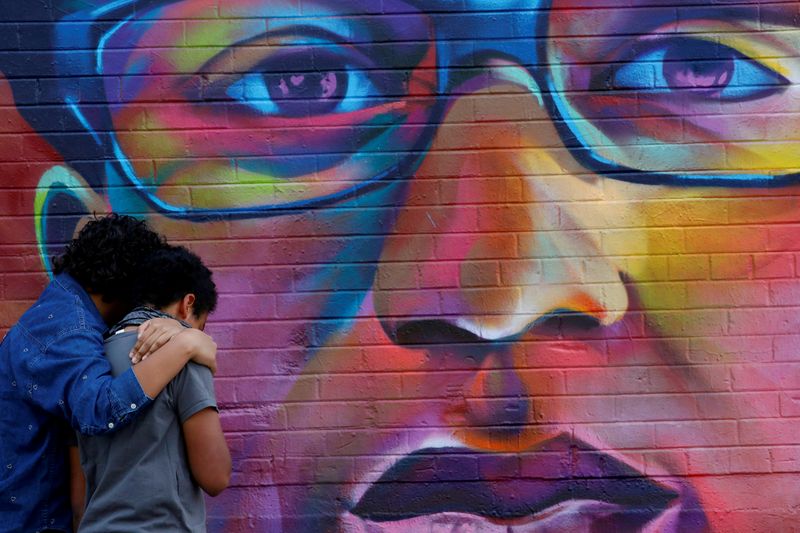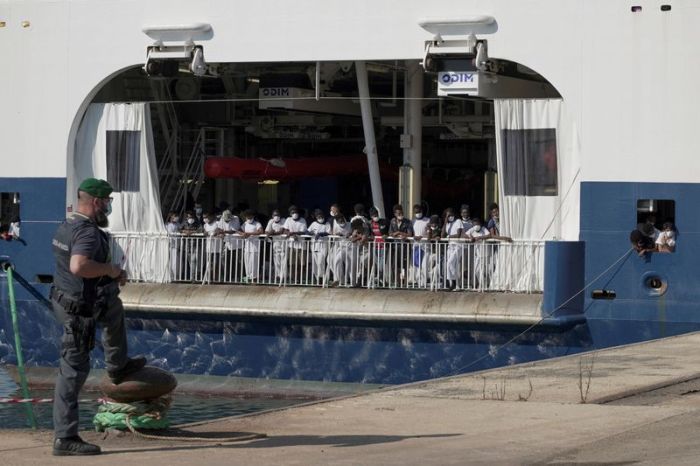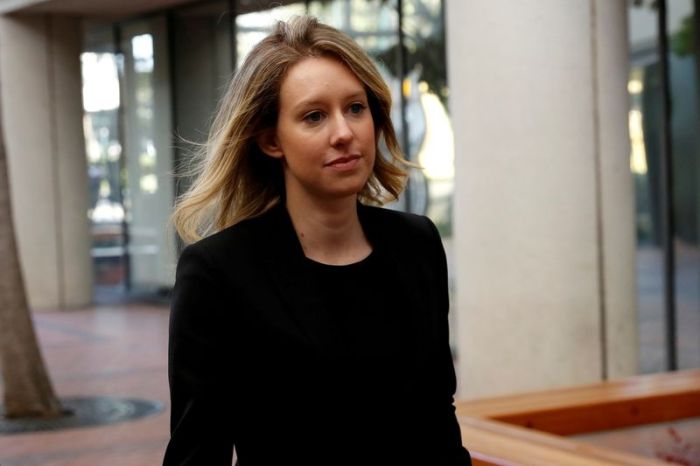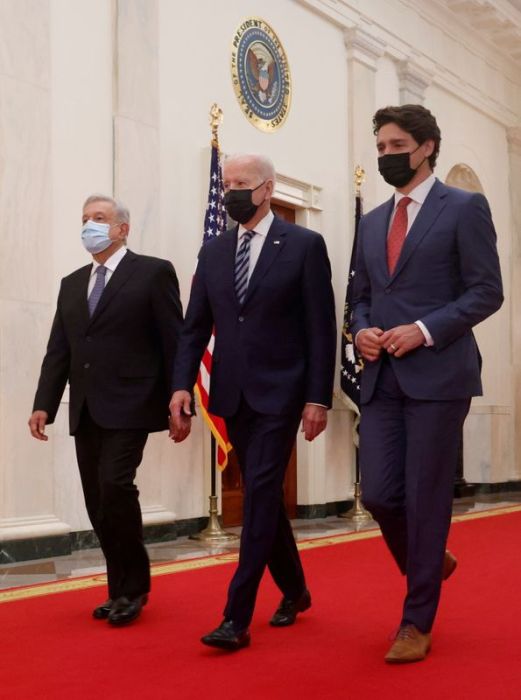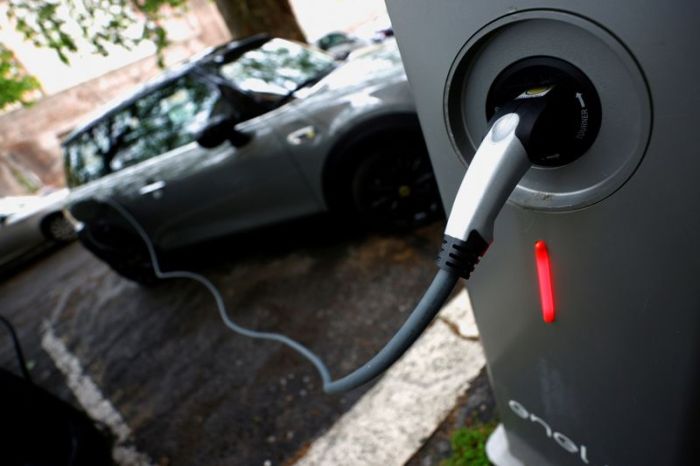DENVER (Reuters) -The city of Aurora, Colorado, has agreed to pay $15 million to settle the civil rights lawsuit brought by the family of Elijah McClain, a Black man who died in 2019 after he was subdued by police and injected by paramedics with a sedative, both sides said on Friday.
The agreement, marking the largest civil rights settlement in state history, came about nine weeks after Colorado’s attorney general completed an investigation finding that Aurora’s police routinely violated state and federal law by engaging in racially biased policing and excessive force.
The inquiry led to a consent decree with the city police department in Aurora, a Denver suburb of about 369,000 residents, allowing an independent monitor to review the department’s training, policies and practices.
On Sept. 1, three police officers and two paramedics involved in McClain’s death were indicted on charges of manslaughter and criminally negligent homicide. Those cases are pending.
McClain’s mother, Sheneen McClain, confirmed the settlement amount in a written statement issued through her attorney, after the deal was announced by the city.
“No amount of money will ever bring Elijah back to his mother,” the statement said. “Ms. McClain would return every cent for just one more day with her son.”
Elijah McClain, 23, was walking home from a convenience store in Aurora on Aug. 24, 2019, when he was confronted by police responding to reports that he had been seen acting suspiciously, though he was not suspected of a crime.
Police officers placed McClain in a carotid neck hold and he was later injected by paramedics with ketamine, a powerful sedative. He went into cardiac arrest and died days later at a hospital.
‘I WAS JUST GOING HOME’
In a video recording of the encounter from a police-worn body camera, a sobbing McClain could be heard pleading with the officers restraining him: “I can’t breathe, please stop. I was just going home.”
The episode initially got little attention outside Colorado. But the case drew renewed scrutiny and public ire as protesters against racial injustice and police brutality took to streets across the United States in the summer of 2020 after George Floyd, a Black man accused of trying to pass a counterfeit bill, died under the knee of a white Minneapolis police officer.
The officer in that case, Derek Chauvin, was later convicted of murder and sentenced to 22 years in prison.
Colorado prosecutors at first declined to bring criminal charges in McClain’s case, citing an autopsy that listed the cause of death as undetermined. But Governor Jared Polis ordered the state’s attorney general to open a new investigation last year, leading to the 32-count indictment of police and paramedics in September.
The local police union at the time called the indictments an “hysterical overreaction” and noted an earlier investigation cleared the officers of wrongdoing.
In a written statement on Friday, McClain’s father, LaWayne Mosley, said he hoped the large payout “sends a message to police everywhere that there are consequences for their actions.”
“I hope Elijah’s legacy is that police will think twice before killing another innocent person,” he said.
Aurora Police Chief Vanessa Wilson said on Friday that her department has implemented “significant changes” in response to the tragedy.
The finalized agreement comes after a mediation hearing between McClain’s family members in federal court on Friday, the city said.
Municipal liability insurance will cover $10 million of the settlement, the maximum amount it can pay. The remaining $5 million will be paid from Aurora’s general fund, the city said.
(Reporting by Keith Coffman in Denver; Writing by Steve Gorman; Editing by Chris Reese, David Gregorio and Daniel Wallis)

